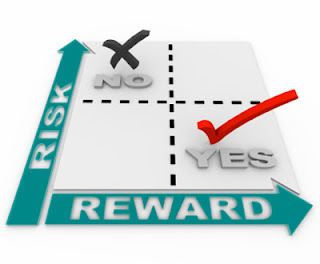 Oh, oh, I know, I know! I could lay up for myself treasures on earth where Merrill and Lynch doth corrupt and where recessions break through and steal.
Oh, oh, I know, I know! I could lay up for myself treasures on earth where Merrill and Lynch doth corrupt and where recessions break through and steal. I could build bigger 401Ks and fill them up, and then I could say to myself that I've got much goods laid up for many years, and I should eat, drink, and be merry.
Right?
 |
| Summer camp for teens on the far side of the world |
Now, how can we resolve the conflict?
For starters, are there treasures in heaven, really? Or is that just a nice phrase to use before the offering at church.
Tell those rich in this world’s wealth to quit being so full of themselves and so obsessed with money, which is here today and gone tomorrow. Tell them to go after God, who piles on all the riches we could ever manage—to do good, to be rich in helping others, to be extravagantly generous. If they do that, they’ll build a treasury that will last, gaining life that is truly life.
 |
| Laundry in the real world ... |
Their life's labor is making a way forward out of sub-survival poverty. Getting enough food is difficult; about a quarter of their kids are underweight for height and under height for age. Infant mortality is high. Education is a challenge as well, but they know it's a key component of progress for their kids. Is helping those who need a hand part of the right path?
So can I provide for my family without being stupid in a thousand ways? And can I do my part to help others as well? Can I maybe do enough to make a difference in a lot of lives? Can we all? As in 'change the world' ....
The most difficult challenge is living with continuous awareness of Christian principle instead of our luxurious cultural norm. At least, that's the struggle that bothers me the most.
Got any ideas on how we might actually live according to principle and resolve these questions?














